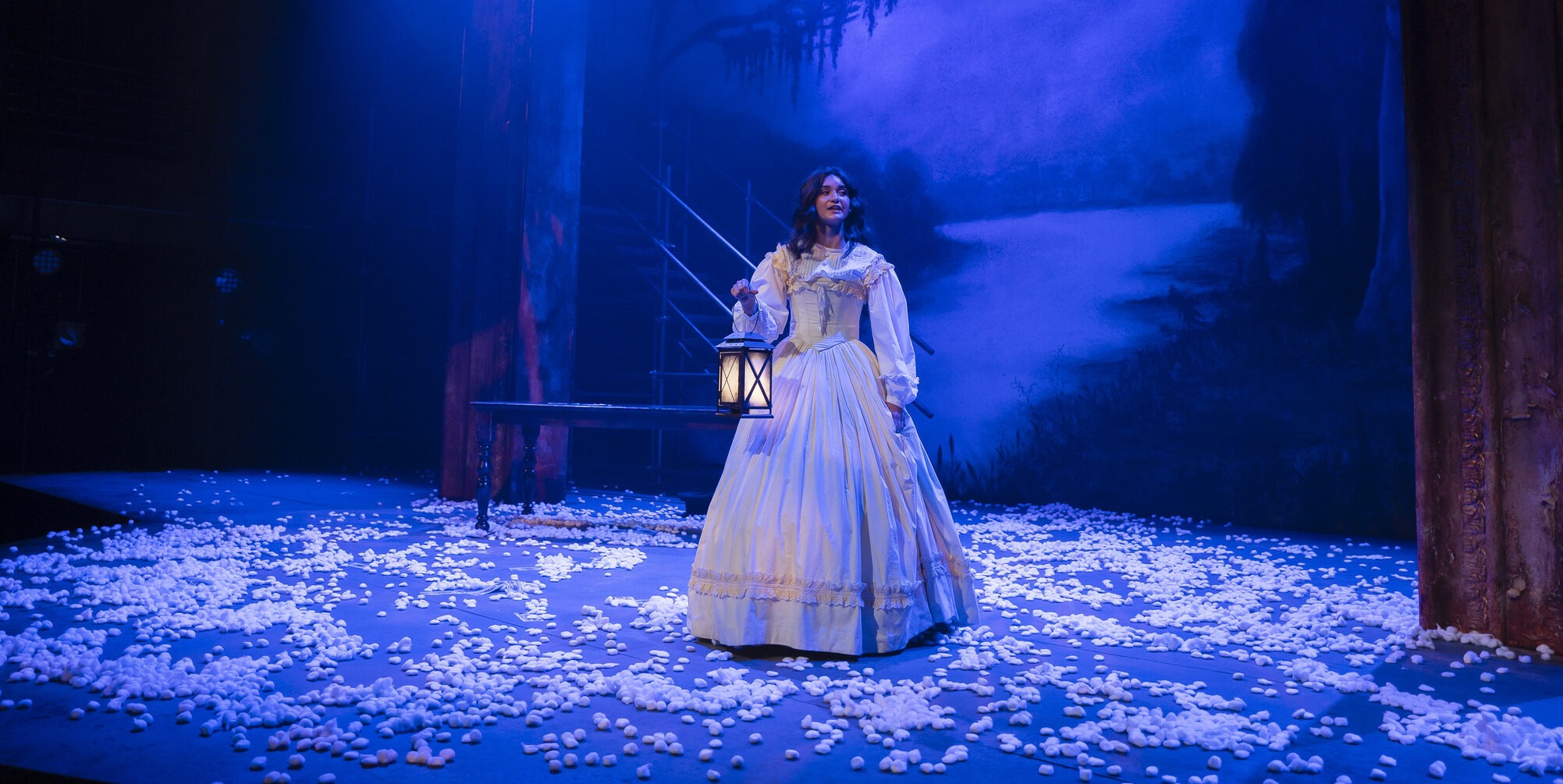Looking to further your studies? NIDA’s Master of Fine Arts (MFA) courses allow students to explore their vision through research and practice in postgraduate studies, all under the guidance of leading industry professionals.
MFA Courses
Scholarships
MFA students may be eligible for some NIDA scholarships. Most NIDA scholarships are awarded based on financial need.
Accommodation
NIDA does not have on-campus accommodation for students, however UNSW offers a range of housing options which NIDA students can access.
Study Abroad
Study Abroad is a fee-based option for international university students studying a related course to join NIDA’s full-time courses for one to two semesters.
How to apply
The NIDA application varies depending on the course. Learn more about requirements here.
What does it take to put on a show?
Take a peek behind the curtain to see how our students collaborate each year on our June and October Student Production seasons.

